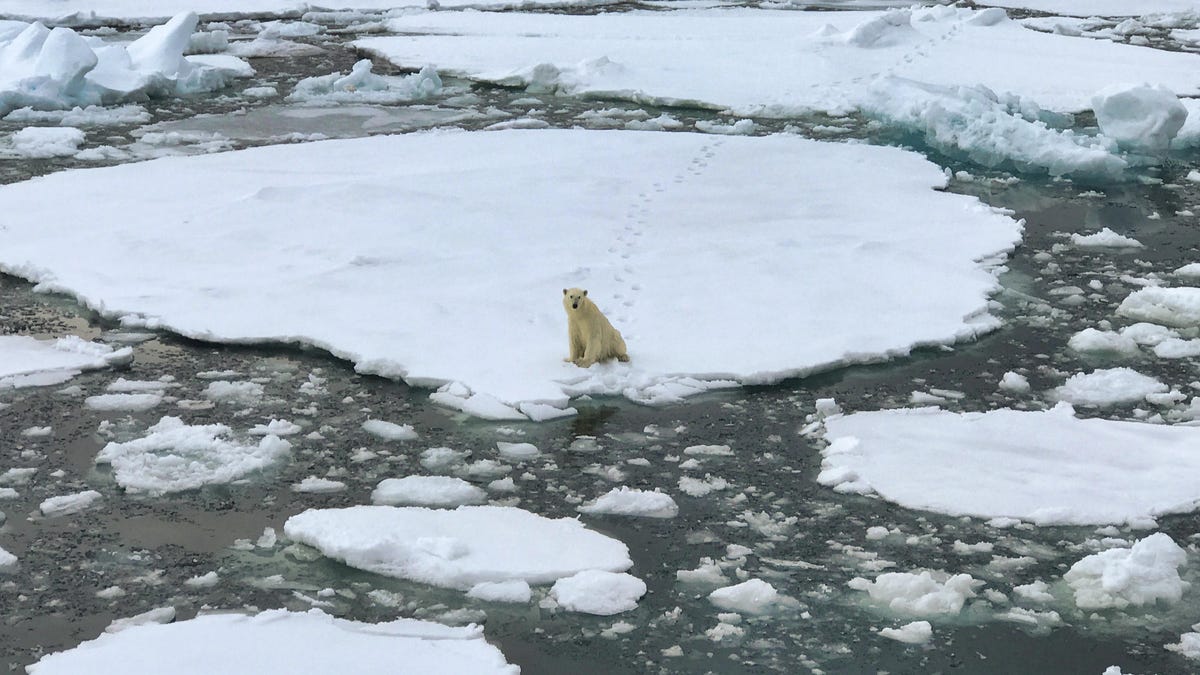UN experts report 1 million species now threatened with extinction
The "most comprehensive assessment" of life on Earth shows a planet in crisis.

Biodiversity and ecosystems are declining faster than ever in human history, providing a grim prognosis for Earth.
Life on our planet is under serious threat, with biodiversity declining at rates never before seen in human history, according to a United Nations-backed report compiled by 145 experts from across the globe.
The dire outlook comes via the Intergovernmental Science-Policy Platform on Biodiversity and Ecosystem Services (IPBES), established by the UN in 2012, and a panel of over 300 authors who scientifically assessed the state of life on Earth over the last three years. A summary of their findings was presented in Paris on May 6, drawing on over 15,000 sources to deliver a systematic global assessment of our impacts on the natural world -- and how this affects the future of humanity.
"The health of ecosystems on which we and all other species depend is deteriorating more rapidly than ever. We are eroding the very foundations of our economies, livelihoods, food security, health and quality of life worldwide," said IPBES Chair Robert Watson, in a media release.
The collapse of Earth's biodiversity and ecosystems is not altogether new information, after decades of reporting has shown we're living through the planet's sixth major extinction event. That has prompted conservationists and scientists to use terms like "biological annihilation" and "extinction tsunami" to describe the carnage. The new report backs up those claims, showing:
- Humans have significantly altered 75% of the land and 66% of marine environments.
- Up to 1 million plant and animal species are threatened with extinction within decades.
- 680 species, at least, were driven to extinction by humans since the 16th century.
- 40% of amphibian species, 33% of reef-forming corals and more than 33% of all marine mammals are threatened.
- A tentative estimate for insects suggests 10% are threatened.
Writing in open-access journal Science Advances on Monday, famed conservation biologist Thomas E. Lovejoy summed the report up with elegant melancholy.
"Eden is gone. While the planetary garden still exists, it is in deep disrepair, frayed and fragmented almost beyond recognition."
The report finds that the key drivers underlying the destruction are rapid changes in human use of land and sea and the exploitation of natural resources. Similarly, climate change, pollution and introduction of invasive species have directly impacted nature.
Without change, we will continue to drive biodiversity down. The IPBES report shows current goals for protecting the planet and preventing or reversing the effects may only be achieved through a "system-wide reorganization across technological, economic and social factors, including paradigms, goals and values." The prognosis is grim.
It's the equivalent of Doctor Strange in Infinity War, contemplating all of the possible futures and finding very few where biodiversity recovers and nature flourishes once again. The challenge is immense and it begins with changing attitudes.
We know that even the deepest point in Earth's oceans is filled with plastic, that human-induced climate change has already caused species to go extinct and that bee populations are in significant danger, but never have those threads been pulled together before. By highlighting the myriad ways we're harming the planet, the report is a plea for things to change and yet another stark reminder of the course we currently find ourselves on.
A summary can be found at the website for the IPBES. The full report, totaling 1,500 pages, will be published later this year.
Originally published May 6
Updated May 7, 3:35 a.m. PT

